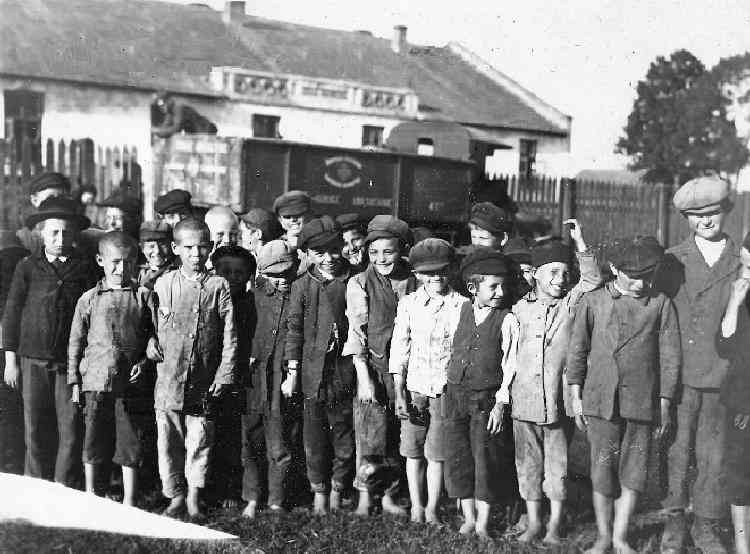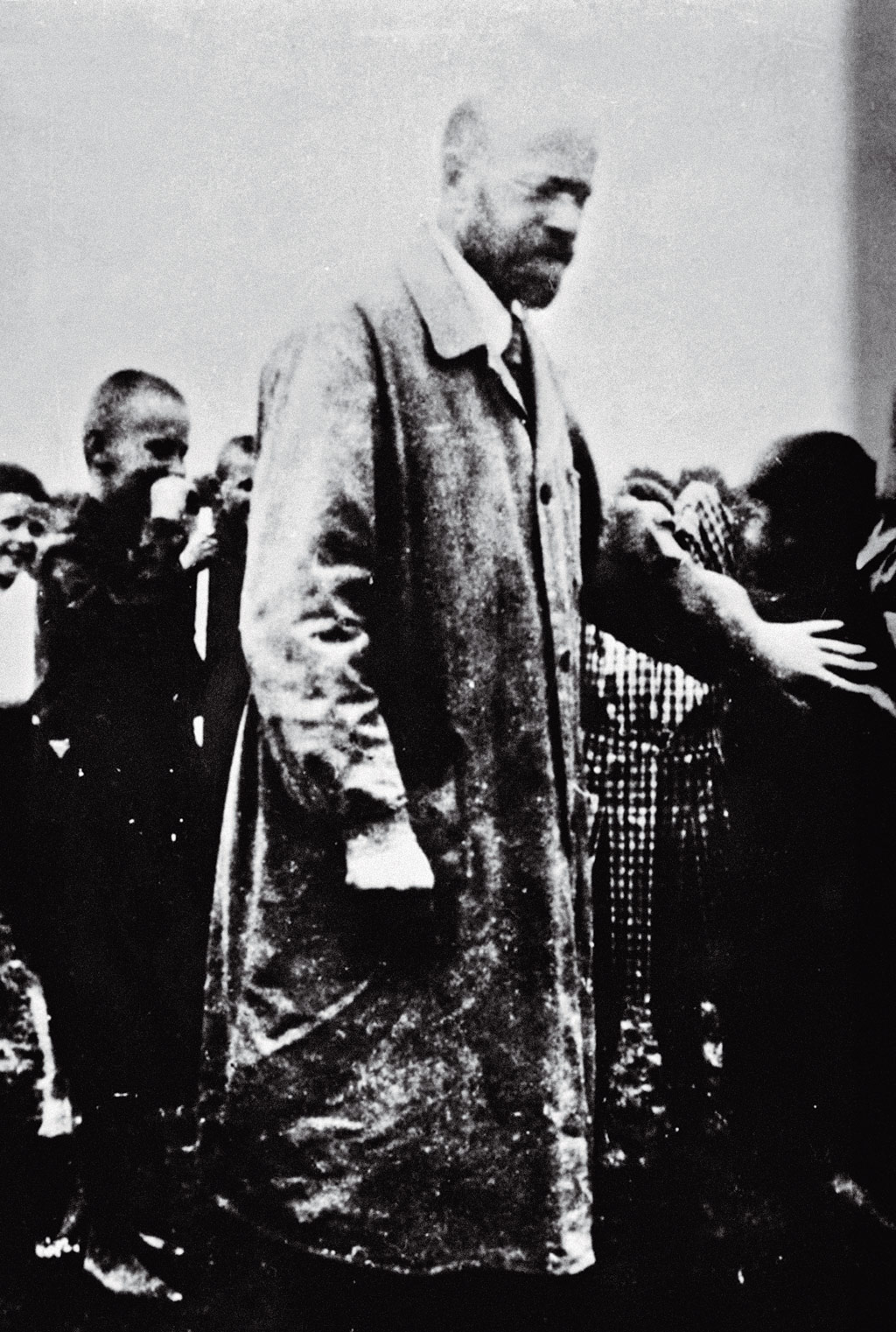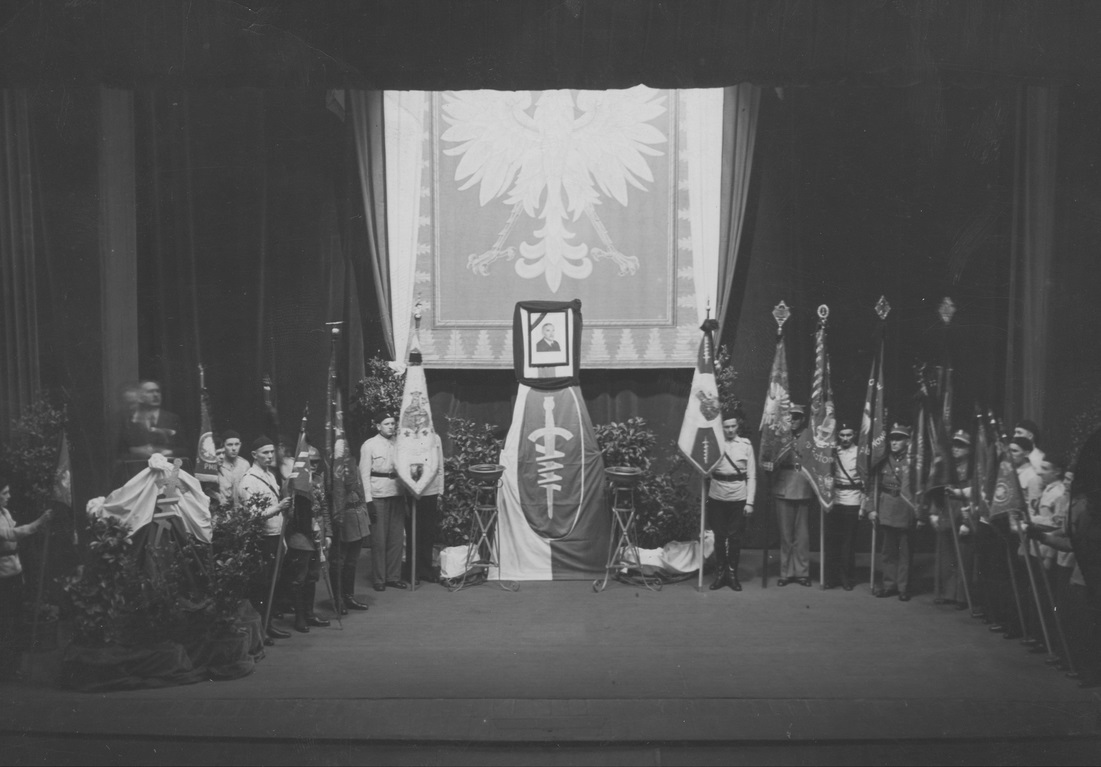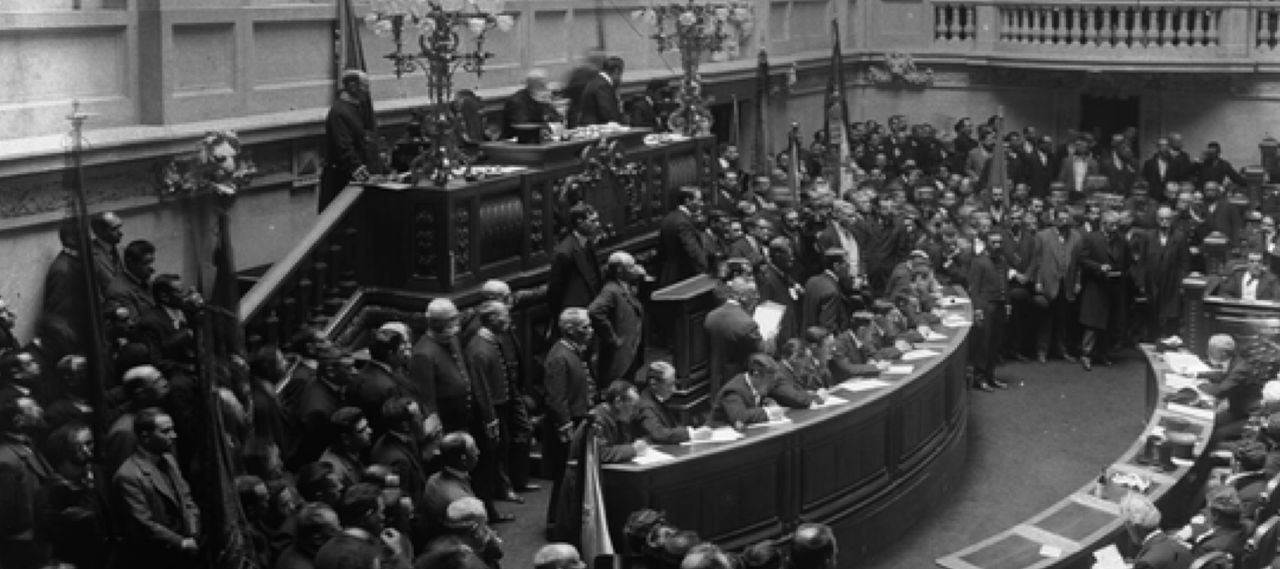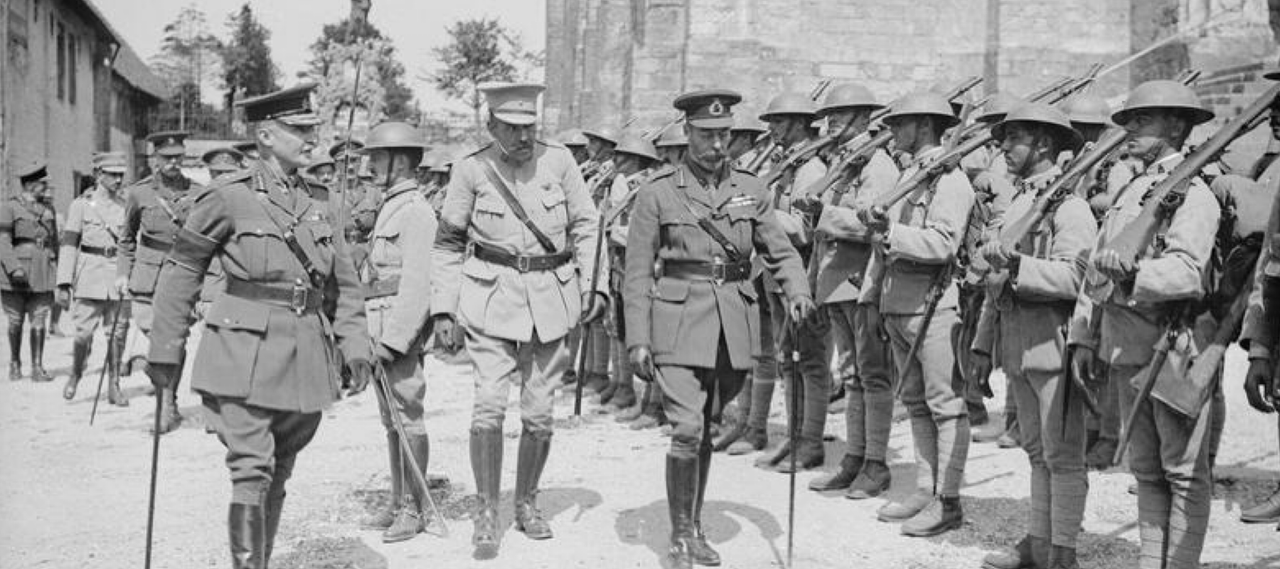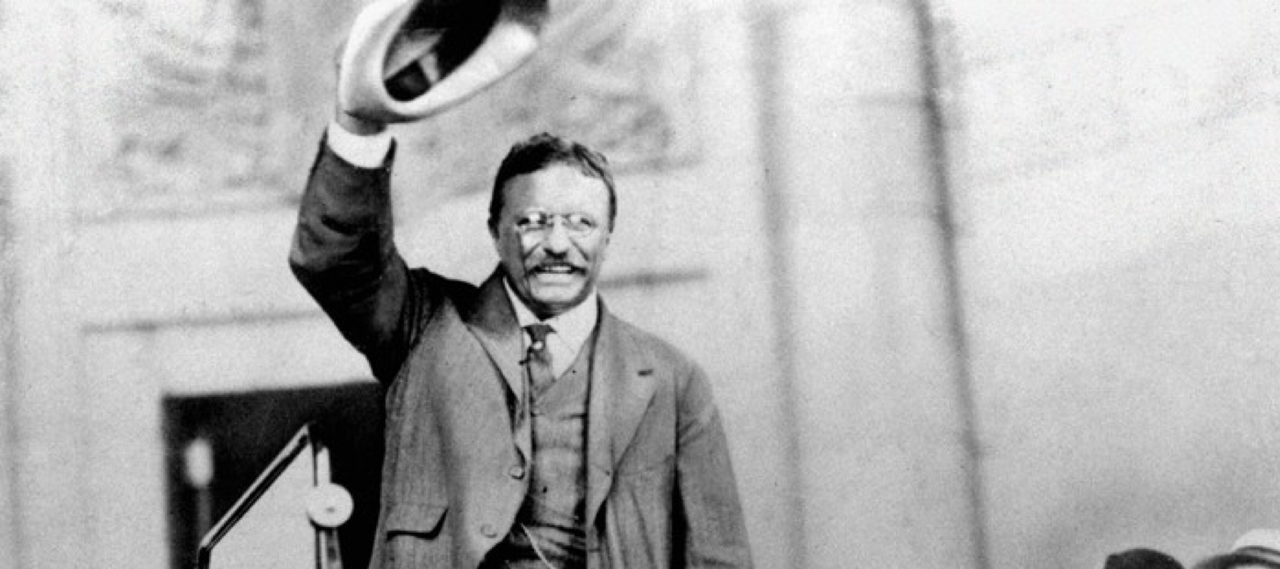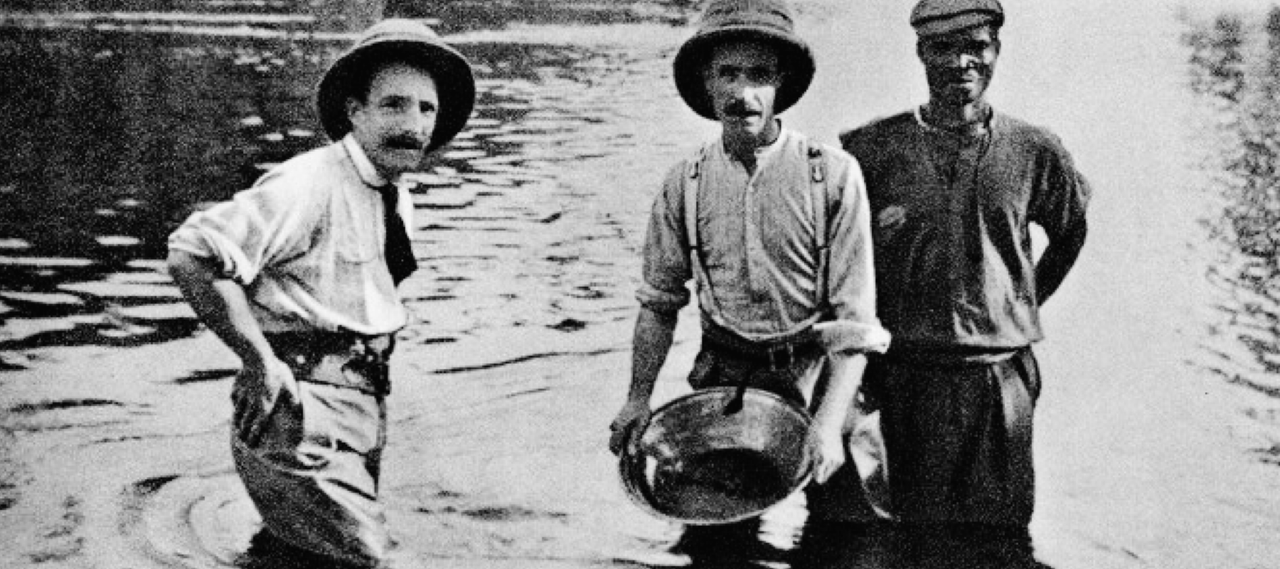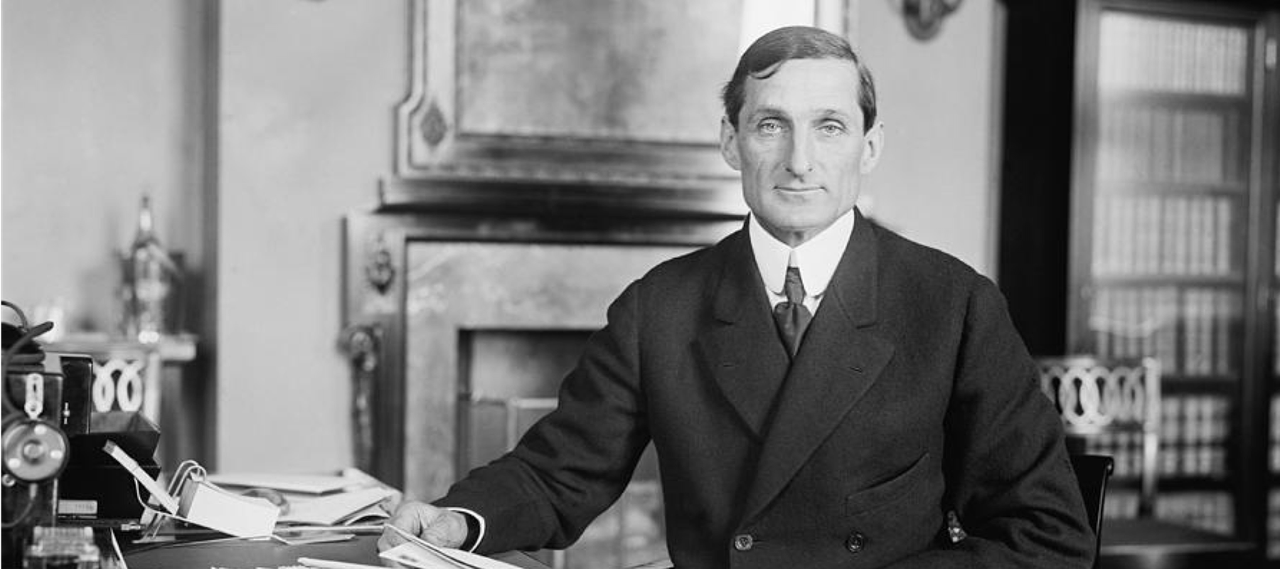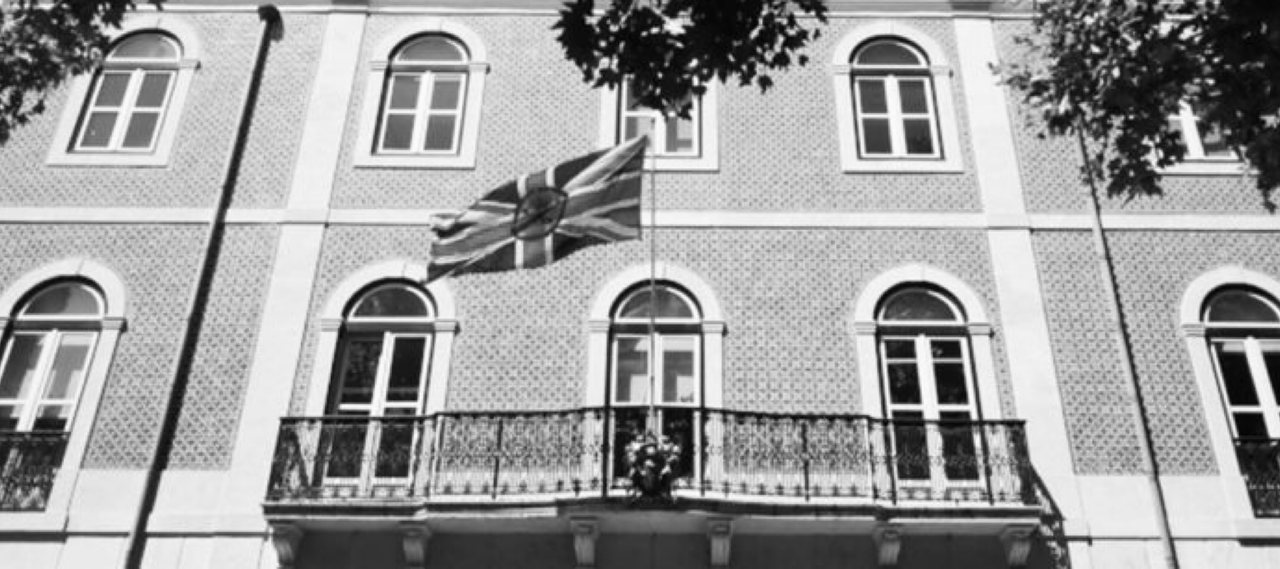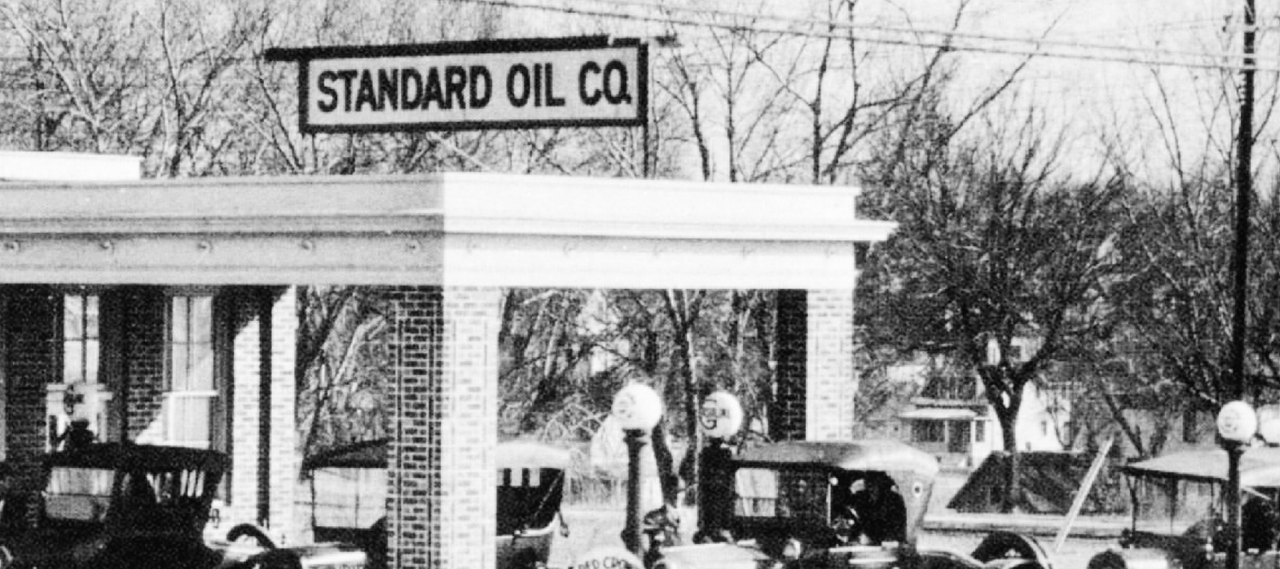
September 4th, 1921
Delayed by the war with Poland, the Bolshevik party was unable to have its 10th congress that was scheduled for march of this year. The conclusion of this congress has concluded many important ideological questions of the party including the implementation of the 'New Economic Policy", the role of trade unions, and the issue of factionalism in the party. The "Group of Democratic Centralism" and "Worker's Opposition" for the most part were soundly defeated on issues of government and economic policy. The ideological debate that began in the ninth congress about the role of trade unions has been concluded with a decision that the trade unions should act as "schools of communism" rather than be militarized and integrated into the state as Trotsky was suggesting. Trotsky's behavior in the Russian civil war was also criticized. After the disaster in Ukraine near the end of the war Trotsky continued to maintain that the USSR should "fight the war with Poland to a victory" regardless of the cost. His position was needless to say unpopular and he was basically ignored during the peace negotiations. Though he remains popular with military officers even they have criticized his conduct during the war.
Trotsky's loss on these political issues has been compounded by Stalin's appointment to the newly made position of "General Secretary". Lenin also backed a ban on factionalism in the party that dissolved the "Group of Democratic Centralism" and "Worker's Opposition" in the spirit of maintaining a functional party democracy. Criticism remains necessary, but should be submitted without any delay in factional discussions on how to use that criticism for maximum political benefit. So far even though the Group of Democratic Centralism has some sympathy with senior communists both groups have gone along with the rule and dissolved. The direct tax on grain and raw materials will also be replaced with a monetary tax as the Soviet economy stabilizes. After the congress, Lenin was advised by the Central Committee to take a leave of one month in Gorki away from the stress of government to recover from his increasingly bad bouts of illness.



